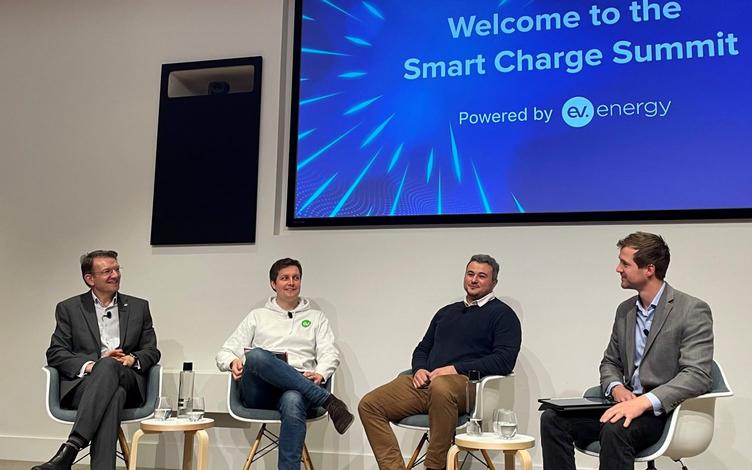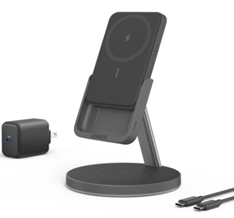Only a quarter of private electric vehicle (EV) drivers are on time of use (ToU) tariffs, while high wholesale prices and volatility will continue to limit uptake, Cornwall Insight said.
On top of the quarter of EV drivers on ToU tariffs, a further 18% of EV drivers have smart meters installed, giving them access to ToU pricing.
The remainder of drivers are yet to have smart meters installed, or have smart meters that are no longer operating in smart mode, and are therefore unable to access ToU pricing.
However, the transition to EVs is progressing faster than people are switching to EV tariffs, Cornwall Insight found, stating that according to the latest Department for Transport data, there were 34,211 private battery EVs registered in 2020, compared to 19,610 the previous year. Meanwhile in the first three quarters of 2021, sales had already passed 50,000 vehicles.
Tariff development over the same period has been “comparatively limited”, Cornwall Insight said. Until the end of 2020, less than five suppliers in the market were offering ToU tariffs for EV drivers, and while this increased throughout 2021, the seven new tariffs released in the year came only months ahead of the significant rise in gas prices that saw fixed deals become more expensive than capped default rates.

These high prices and volatility in the wholesale markets will continue to limit take up of EV tariffs, according to Cornwall Insight, with capped default tariffs currently the cheapest option for households - with many drivers seeing their household electricity demand double after making the switch to an EV.
It also found that over half of the ToU EV tariffs launched ahead of the wholesale volatility are currently not available for online switches, while high prices and volatility are expected to continue into 2023.
"The wave of supplier exits in recent years, with more than half of domestic suppliers leaving the market in 2021 alone, has also resulted in fewer than expected EV tariff launches," Oliver Archer, lead analyst at Cornwall Insight said.
In total, 27 suppliers went under in 2021, while Bulb entered special administration.
Meanwhile, EV tariffs launched in the past few years by energy suppliers include EDF's GoElectric 35 tariff, which offers an off-peak rate of 4.5p/KWh, Good Energy's Green Driver tariff and the Zap-Flash tariff, which offer free periods of charging, and E.ON's Next Drive tariff, which allows EV drivers to charge at a fixed price of 4p/kWh between midnight and 4am.
Archer said there are several other blocks to EV drivers when looking to switch to ToU tariffs, including complexity barriers to comparison and switching compared to standard flat-rate tariffs, while routes to market for EVs are "less developed" and some suppliers will be managing growth as they develop capabilities in new tariff designs, for example by only offering tariffs to existing customers.
"In the longer-term, the success or otherwise of the smart meter rollout will also be a key limiting factor," he added
The smart meter rollout is continuing, with 27.8 million smart and advanced meters in homes and small businesses in Great Britain by the end of 2021. In total, smart and advanced meters represent 50% of all meters in GB, a 7 percentage point increase from the end of 2020.









